Last week the New South Wales state government announced the easing of restrictions for pubs, clubs, restaurants, museums and libraries so that up to 50 people could be hosted at any given time from the first of June. It took, however, a full week and lobbying from Church leaders and citizens of faith for them to extend those same changes to places of worship, thus revealing, on a generous interpretation, a deep religious illiteracy among the state’s leadership.
Already a subscriber? Log in
Subscribe for just $2 a week
Try a month of The Spectator Australia absolutely free and without commitment. Not only that but – if you choose to continue – you’ll pay just $2 a week for your first year.
- Unlimited access to spectator.com.au and app
- The weekly edition on the Spectator Australia app
- Spectator podcasts and newsletters
- Full access to spectator.co.uk
Or

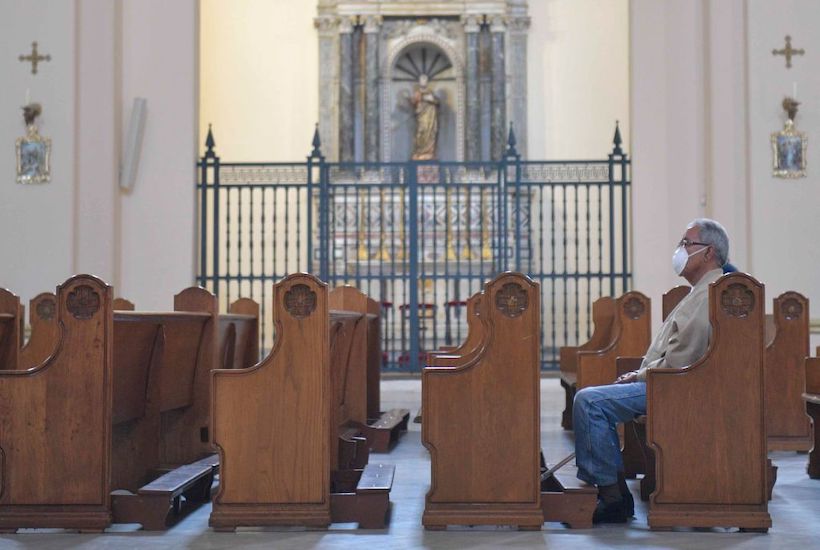

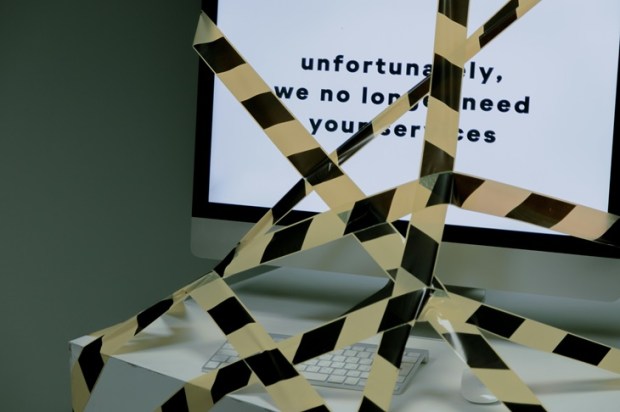
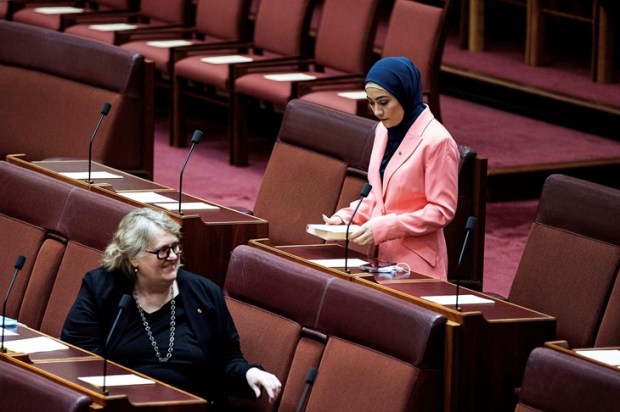
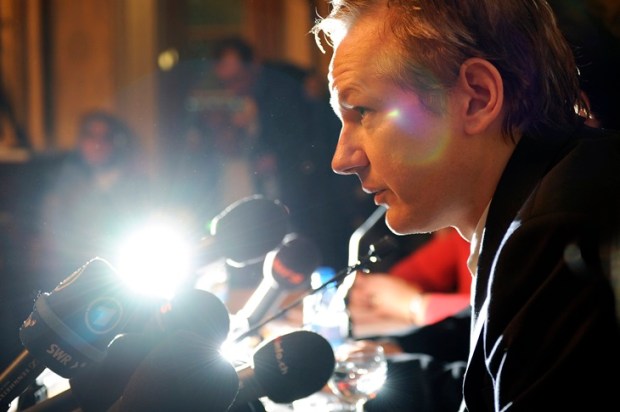
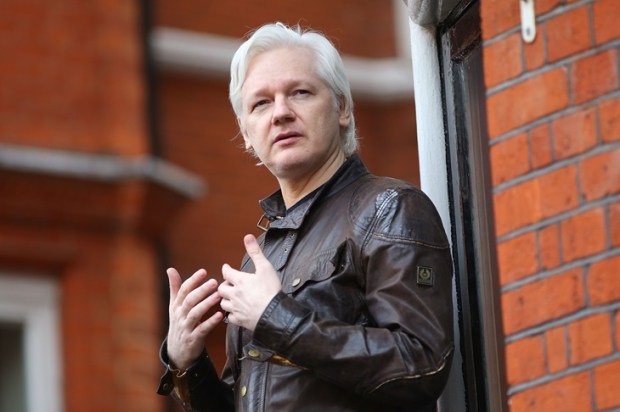
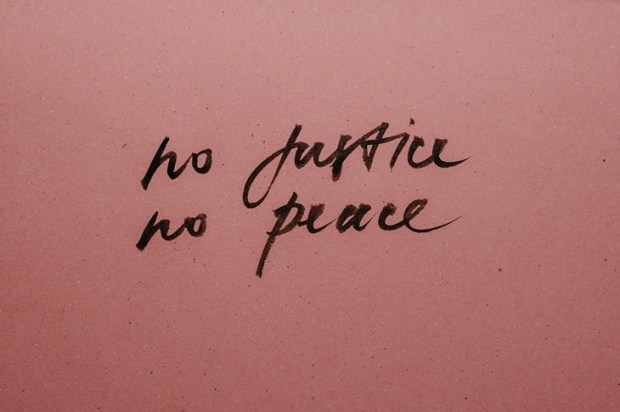


















Comments
Don't miss out
Join the conversation with other Spectator Australia readers. Subscribe to leave a comment.
SUBSCRIBEAlready a subscriber? Log in